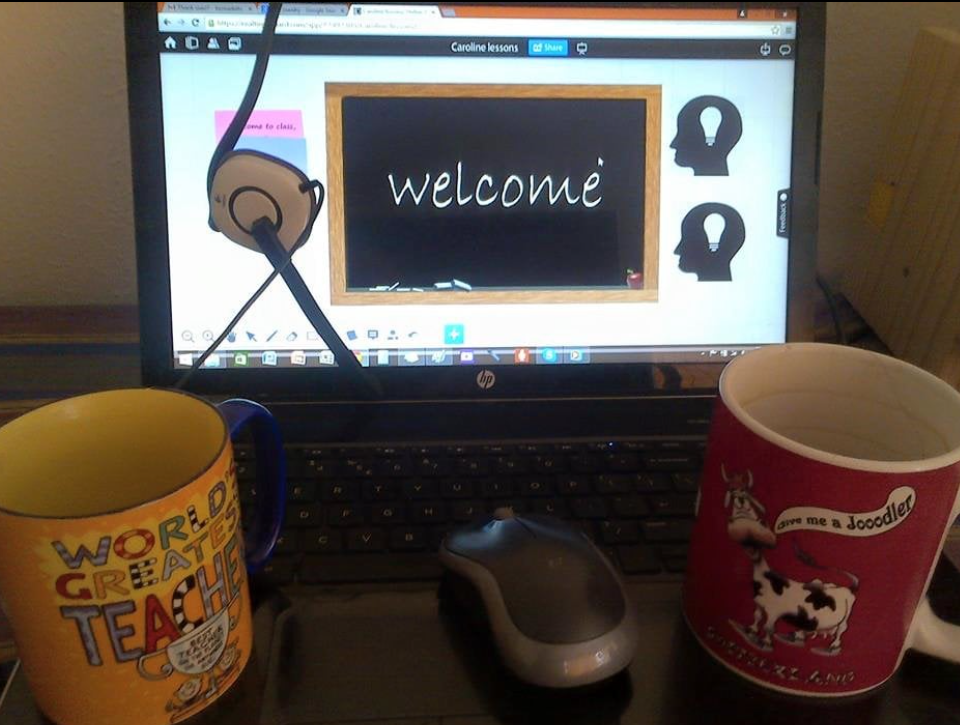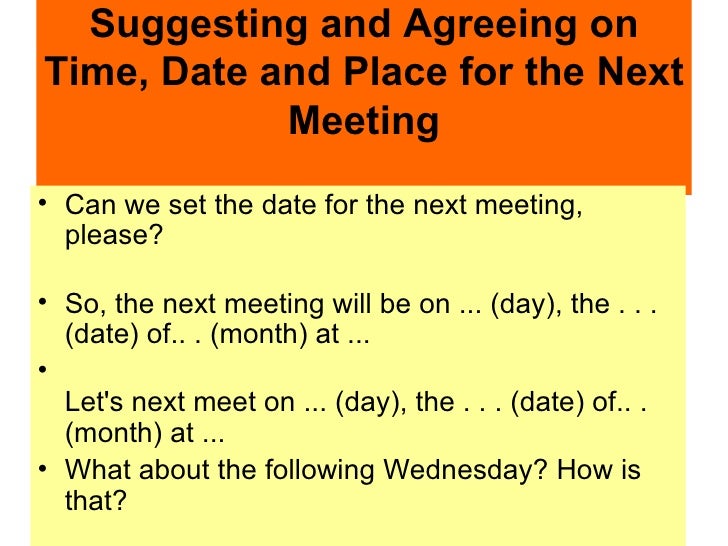
Adept: (Adjective | noun) - Expert, skilled and proficient at something, someone who is proficient at something.
Synonyms: Skilled, gifted, talented, expert at something, master.
Examples :
In order to be adept at language, one needs to practise regularly.
He is most adept at playing the guitar - do you know that he is self - taught ?
Venerate: (Verb) - Revere, regard with respect.
Synonyms: Revere, idolise, honour, esteem.
Examples :
The young generation venerates pop stars and reality show stars, oftentimes mirroring their fashion sense.
Our veneration of world leaders is on a speedy decline.
Invoke: (Verb) - Pray to, appeal to, call on someone as a witness for inspiration, solicit, cite, refer to.
Synonyms: Conjure up, adjure, summon, implore.
Examples :
After the publishing of conflicting views of the vaccination, negative impressions have been invoked - many refuse to be vaccinated.
The pandemic and restrictions have invoked a plethora of negative consequences for many who are just trying to get by.
Myriad: (Noun/Adjective) - A large, a great number of.
Synonyms: Multitude, innumerable, countless, numerous, a lot, mass, army, horde, a large number quantity.
Examples :
There are a myriad of people who have excellent communication skills in English even though they have never been to an English-speaking country.
There are myriads of people in the hospitality industry who have had to shut doors due to the lockdown.
Salient: (adjective) - Most noticeable and important, major, main.
Synonyms: Important, principal, chief, primary, notable, prominent, remarkable, pivotal, vital.
Examples :
A salient feature in pursuing higher education in a foreign country is the attainment of an excellent band score in the IELTS exam.
One of the salient and positive features in the ever growing demand for online English lessons, is (alongside of being able to study with a native English teacher ) accessibility to the masses.
Substantiate: (Verb) - Prove, support, give proof of, confirm.
Synonyms: Affirm, justify, validate, verify, prove something, support.
Examples :
The evidence substantiates why the wealth gap is not conducive to a sustainable economy.
She has nothing to substantiate her brash decision to end all communication so unfairly.





